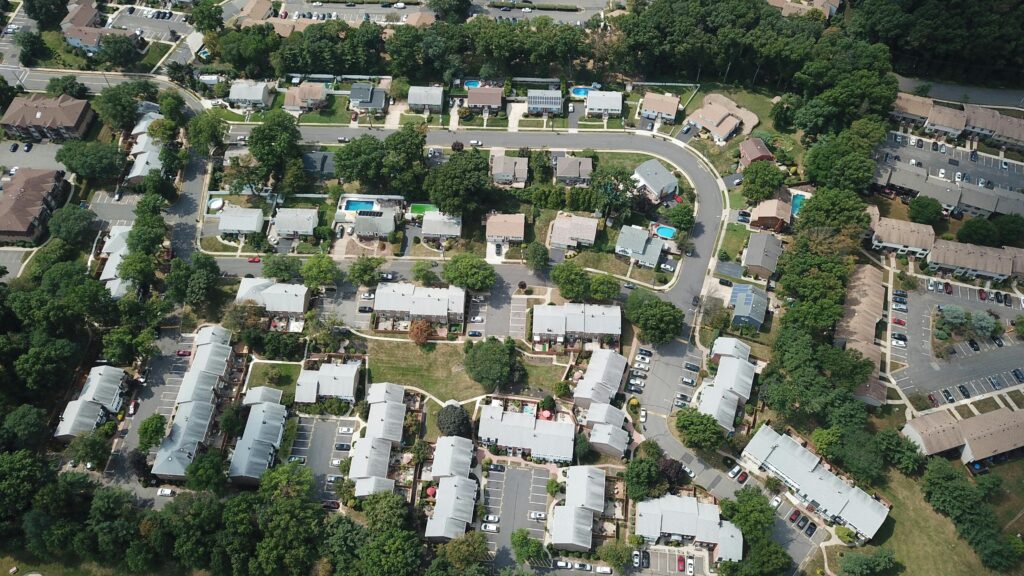Residential property law disputes are sensitive by nature. If they aren’t dealt with quickly by an expert in this field, what begins as a difference in opinion can escalate into a bitterly fought conflict that costs all parties in time and money.
When such a disagreement regarding your property arises, seeking legal advice at the earliest possible stage is key to preventing matters from evolving into a costly court battle. That’s where we come in.
At 360 Law Services, we pride ourselves on our ability to bring property disputes to a quick conclusion. Our specialist team draws on their extensive experience to offer expert guidance and negotiate a resolution that secures favourable outcomes for our client.
We also offer mediation and Alternative Dispute Resolution (ADR) as different paths to resolving residential property disputes because we believe that not all conflicts have to be settled in court.













